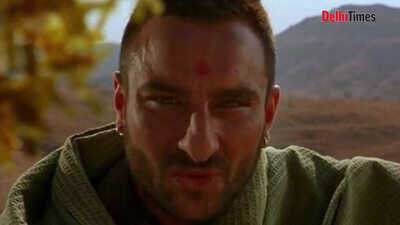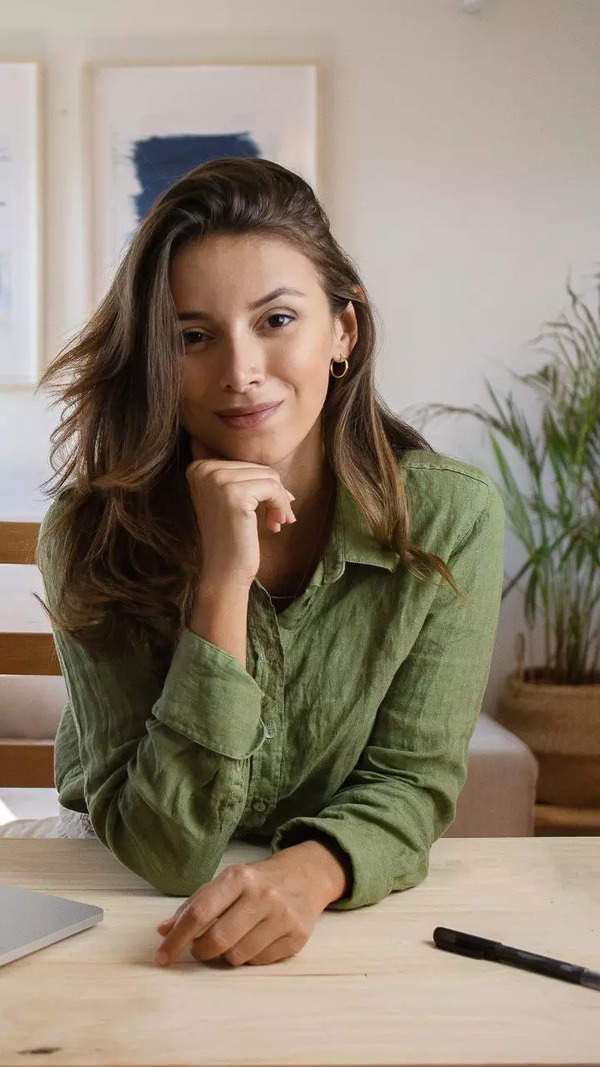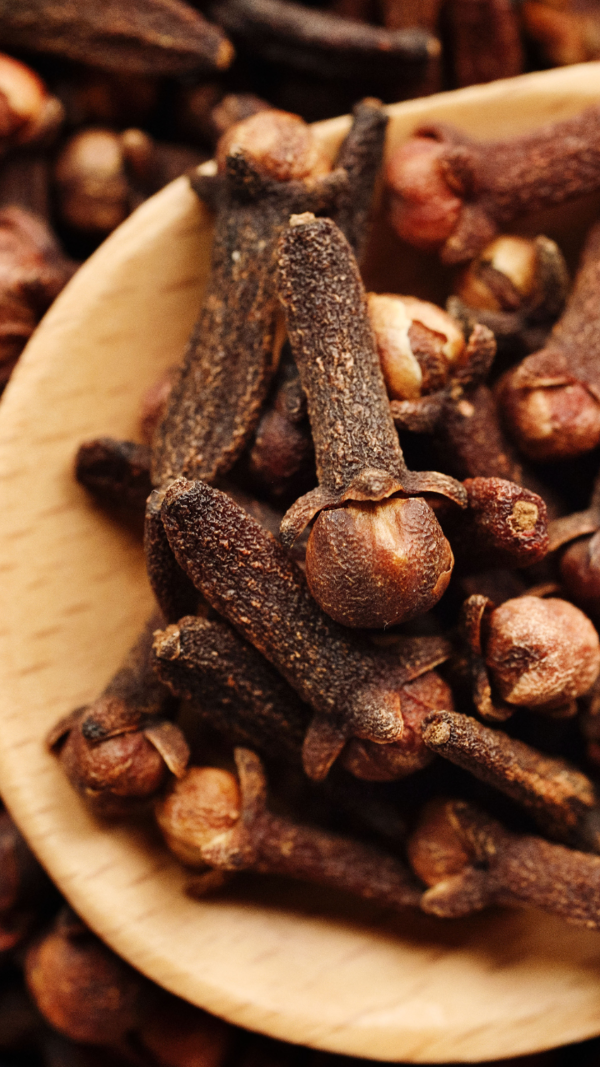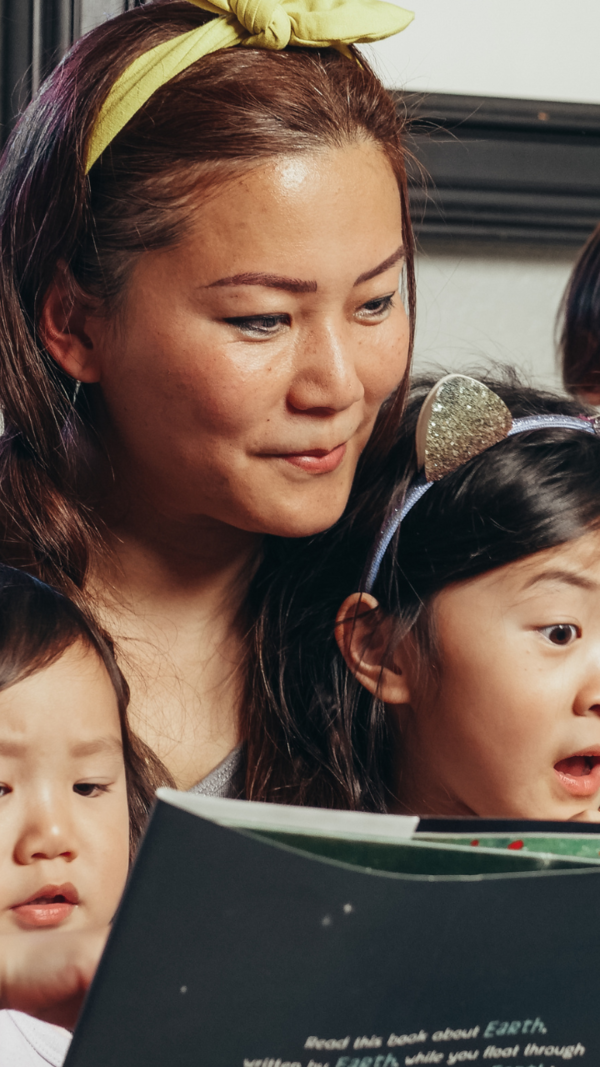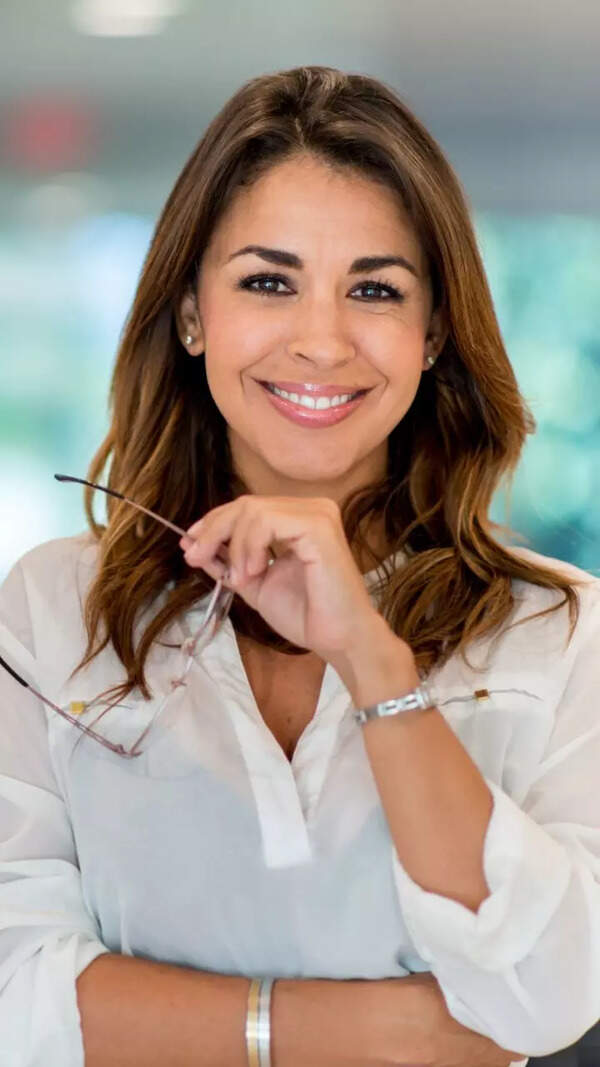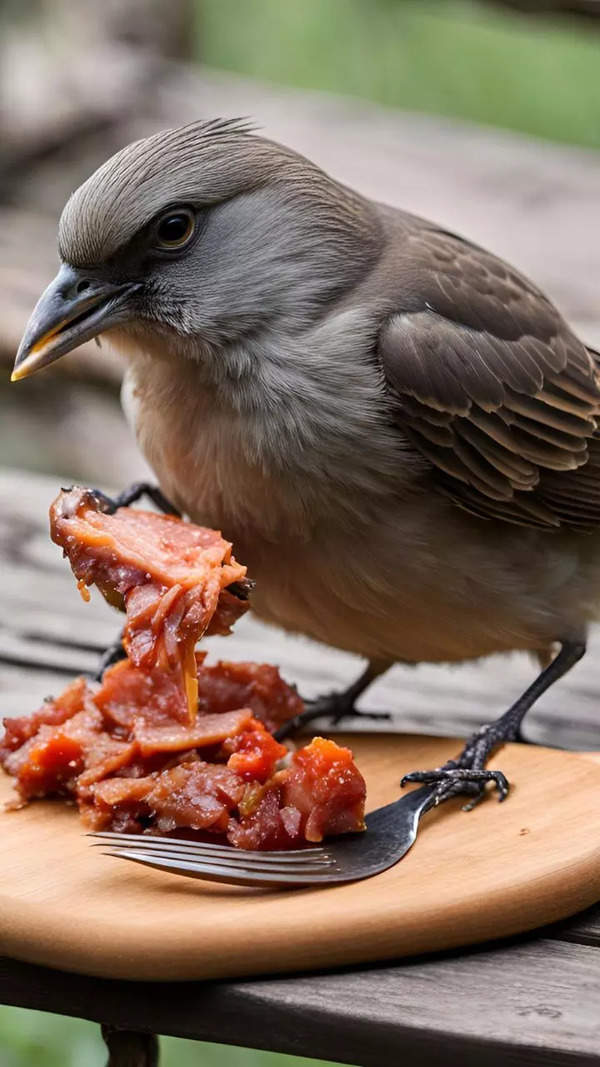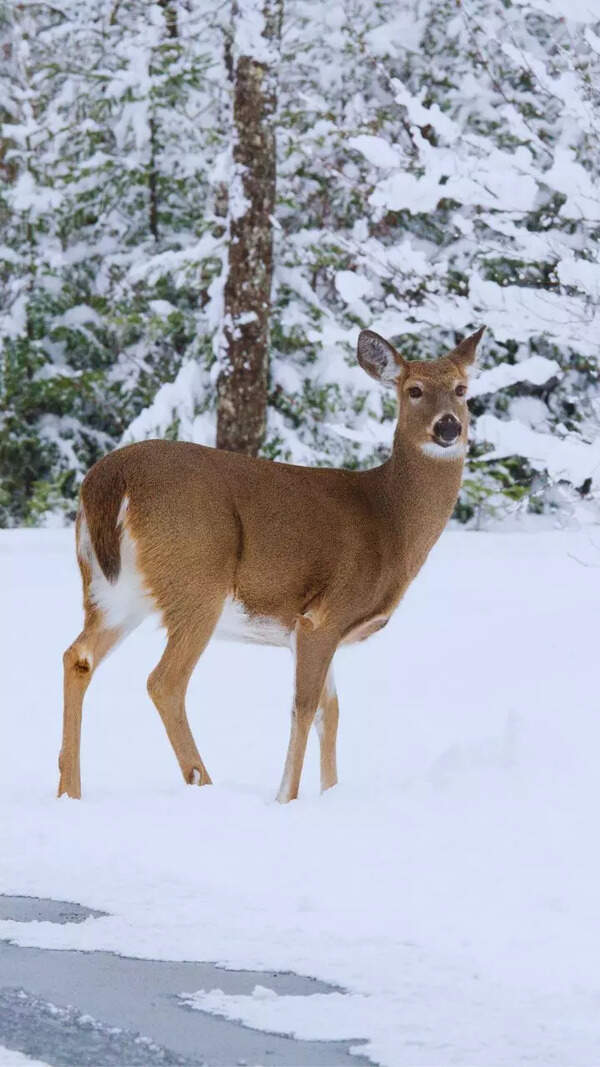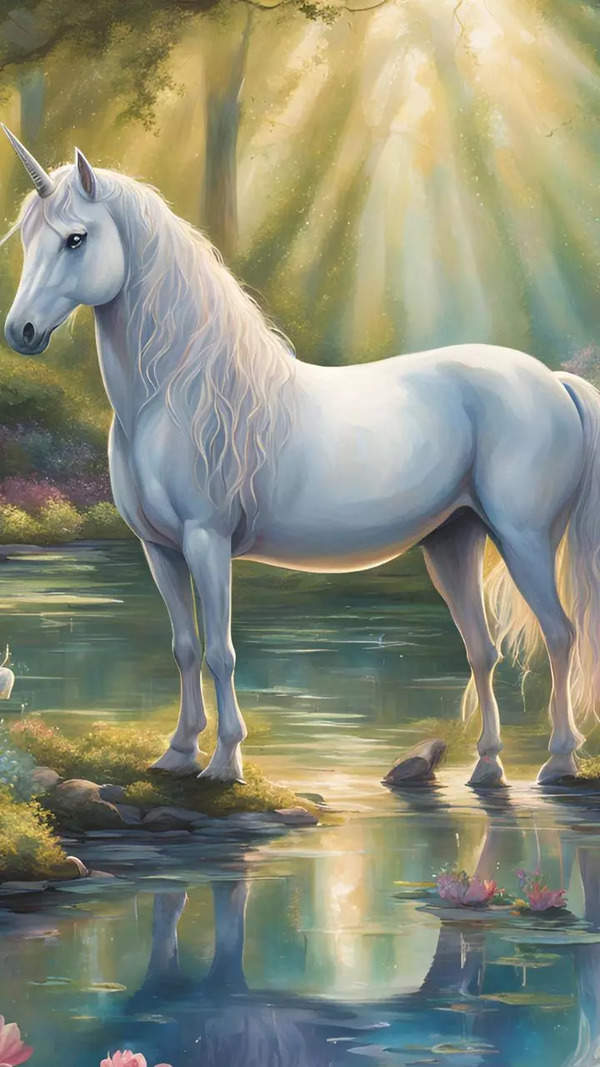- News
- entertainment
- hindi
- bollywood
- Vishal Bhardwaj: If we resolve Kashmir, we will start fighting over Jhumri Talaiyya
Trending
This story is from September 26, 2018
Vishal Bhardwaj: If we resolve Kashmir, we will start fighting over Jhumri Talaiyya
Vishal tells us about the deeper layer in his simple tale of two sisters in 'Pataakha', and then dives into a vivid recollection of the childhood that made him the filmmaker he is.
For anyone who asks, why do the 'Pataakha' sisters fight so much, Vishal Bhardwaj has the question – 'Why do India-Pakistan fight so much?' He tells us about the deeper layer in his simple tale of two sisters, and then dives into a vivid recollection of the
childhood that made him the filmmaker he is. The Meerut government school with the Rs 1.26 fee, spitting on stones for the
deciding toss – all that and more gave him a treasure trove of characters and incidents he can never exhaust.
When you adapt 'Hamlet', you set it in a turbulent Kashmir. When you plan an international film, it's on 'Osama bin Laden'. When you’re doing 'Pataakha', something as ostensibly simple as a story of two sisters, you’re giving it an undercurrent of Vajpayee and the Indo-Pak relationship. What is the inherent affinity towards Hindustan-Pakistan, geopolitics?
Kya reason hai ki hum log itna hate karte hain – koi reason hi nahi hai! Aur hum hate kaise karte hain, we hate each other on the political level, but when we meet as people, we are different. London, Europe, America mein koi Pakistani taxi wala mil jaye, toh woh apne Lahore ki baatein bata deta hai, hum usse apne Bambai ki ghar ki baatein bata dete hain.
And then they don't charge you money – 'No, aap toh humare... aap Hindustan se hain, hum aapse paise kaise le sakte hain!'. Wohi aadmi 15 minute baad agar India-Pakistan ka match dekh raha hoga, toh woh bolega India ka harna sabse zyada zaroori hai (smiles).
I felt the deeper level of our story, this layer, is the Indo-Pak relationship. And then I weaved that into the whole story.

Vishal Bhardwaj with Pataakha actresses Sanya Malhotra and Radhika Madan on the film’s set
The India-Pakistan atmosphere keeps changing. So when 'Pataakha' is about to release, Sidhu is being called a Pakistani agent, a BSF jawan has been brutally killed on the border, SPOs have been abducted and killed in Kashmir, talks have been called off – how does a filmmaker balance the contrast between the current prevalent sentiment and his thought process?
India-Pakistan ki hawa toh har saat din mein badalti hai (smiles). Woh kab kahan se kuch ho jaye, pata nahi chalta. Aur humko film banane mein saalon lagte hain, so we can’t depend on ki jab film release hogi tab kya hawa hogi. Aur yeh film kisi ki side nahi le rahi hai. It's talking about the enmity – the futile, needless, baseless and continuing enmity. Aur ussme kya aadat ho gayi hai – meri film ka character bolta hai, '70 saal se upar ho gaye hain, roz ladne ke naye bahaane dhoondh lete hain'. Toh mujhe lagta hai ki agar hum Kashmir resolve bhi kar lenge – jisko main mudda mana jaata hai – toh hum Jhumri Talaiyya pe ladne lagenge. Hum log chain se nahi baith payenge. So we really need to mature as people, because politics is going to remain the same. Politics is not going to change, that's a given. No matter who comes. Hum log, as people, we can change. Through art we can change – ab usspe bhi asar hone laga hai. Pehle art ko chhora hua tha, ab yeh hai ki wahan ka artist ban kar do... and it's so baseless. We should behave like mature people now.

Coming to the film, the teasers and especially the song 'Gali Gali' give one the feeling that this has to be made by someone who's very well acquainted with mud. How much of your own mud-splattered childhood has gone into the film?
Dhool mein letne ka jo maza hai, marble pe woh maza nahi hai (laughs). And I think wohi hamara asli heartland, humara India toh wohi hai, ki jahan se hum hain. Aur jaise 'Gali Gali', jo Holi wala gana hai, kaun sa desh hai jahan iss tareeke se Holi kheli jati hai, ya iss tarah ka tyohar kahin hai? Aur itna khoobsurat tyohar hai, ki jis din aap bilkul kho jayiye, shakl aisi ho ki aapko koi pehchaan na sake. So yeh toh humare culture se hi hai.
The village rabble that you’ve created in 'Pataakha', or previously in films like 'Matru Ki Bijlee Ka Mandola' or 'Omkara' – where does such bona fide 'sadakchaap-pan' come from? Abhishek Chaubey has earlier called you an expert of the Indian street...
(Laughs) Maine apna bachpan Meerut mein guzara hai, bachpan aur jawani dono. Main Delhi University mein aaya for college. Toh mere formative years – Class VI se XII tak – maine ek government inter-college mein padhai ki. Mere parents mujhe ek saal ke baad convent school mein shift karna chahte thay, aur poora hungama karke main ussme nahi gaya, kyunki mere uss waqt dost ban chuke thay. Halaanki usske baad kaafi time tak mujhe uss cheez ka complex raha, DU karne ke baad, that I should have shifted to a convent school. But when I became a filmmaker, I realised what God's screenplay was for me. Langda Tyagi's character, I saw because I was in that school. I saw so many gang wars. Government school mein uss waqt humari fees Rs 1 aur 26 paise thi, jabki convent school ki fees hogi kam se kam hazaar ya do hazaar. Toh wahan jo bhi students thay mere around, woh sab uss class se aate thay jo main kabhi apni zindagi mein experience nahi kar pata. I became friends with them, I used to go to their places. And my father was very evolved, he never made me realise that you should not go to 'their' houses or not mingle with 'them' – he let me be. Main toh Brahmin family se hoon, par main sportsman bana, aur cricket mein hum bahar khelne jaate thay, jab bahar baithte toh vegetarian daal aati thi Rs 10 ki aur unka chicken curry aata tha Rs 25 ka. Toh badi jealousy hoti thi ki yaar, issko pachchees rupaye ka chicken curry mil raha hai, aur mujhe dus rupaye ki daal. I became non-vegetarian for that.

Then I remember, mera ek Muslim dost tha... jahan se maine Muslim culture seekha itna, mere bahut Muslim friends thay, aur mujhe uss culture ka, uss zubaan ka bahut zyada shauk tha. Toh masjid ke saamne ek sheikh saab bahut hi badhiya haleem banate thay, aur wahan pe main ek din khada hoke haleem kha raha tha. Mere father se jaake kisi ne complaint kar di ki aapka beta masjid ke samne haleem kha raha tha (laughs)! When my father asked me, maine bola haan, toh kya burayi ho gayi? Main toh unke ghar roz jaake khata hoon... So wahan se main nikal ke aaya hoon. Aur abhi bhi, jitne characters maine use kar liye hain, usse hazaar-guna characters mere paas hain. Jab bhi main iss tarah ki film banane jaata hoon, mujhe itne incidents bachpan ke yaad aate hain. Jaise 'Pataakha' mein ek sequence hai... bachpan mein jab hum cricket ya gulli danda ya kanche khelte thay, toh toss karne ke liye nahi hota tha, toh pathhar uthake uss par spit karte thay, aur 'geel-sookh' karte thay, instead of 'heads or tails'. Iss poori film mein woh 'geel-sookh toss' ka itna bada event hai. This came from my childhood again. So itna sara kuch andar jama hua hai ki ussko jitna kharch karoon, kam hai. Aur isliye mera bada mann karta hai, ki main wapas jaake – although now it becomes very difficult to go and live like a common person, or the common boy I used to be in Meerut.

This is the second time that you have made a comedy, after 'Matru...', which had got mixed reviews. At that point, had you thought most people didn’t get your film because of its political satire? And had you thought you’d make a comedy again?
Actually woh satire tha, this is not a satire. This is a pure comedy. Aur issme ek layer doosri hai that makes it profound. But 'Matru...' was different, it was against capitalism. Jo bhi capitalism ka haal hai India mein, usske against, land-grabbing ke against, itna zyada gussa tha, ki gusse ko nikaalne ka tareeka hans ke bolna tha. Toh isliye that was a totally different film for me. This is a pure relationship film of two girls, where I could find India-Pakistan.

You've also announced your trilogy based on Shakespeare’s comedies. After having done his trilogy of tragedies, do you think it's a bigger genius to make a great comedy than a great tragedy?
To make a comedy is the most difficult thing. To do humour is a very difficult thing. It's easy to make a tragedy. But even my tragedy films have a black humour, and I think even Shakespeare's Macbeth didn't have that kind of humour – whether it was Pandit-Purohit in 'Maqbool', or Salman and Salman in 'Haider', or Langda Tyagi (originally) was not as colourful and humorous as he was in 'Omkara'. So that black humour, I can never leave, but yes, coming to your question, comedy is the most difficult thing to make. And I want to try these three comedies by Shakespeare, starting with 'Twelfth Night'.
End of Article
FOLLOW US ON SOCIAL MEDIA
Visual Stories
Tired of too many ads?
